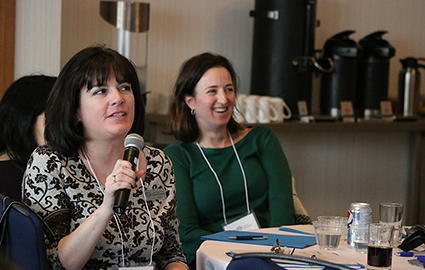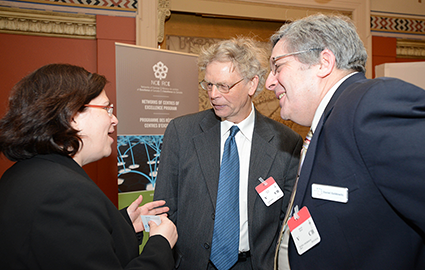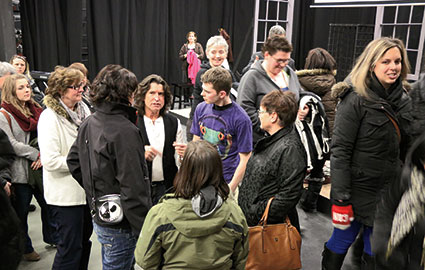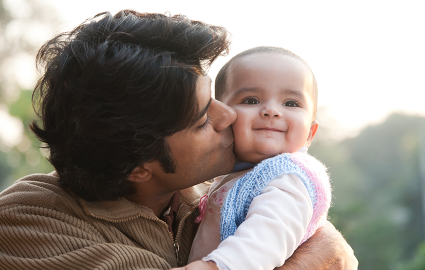Kids Brain Health is committed to stakeholder engagement as a core activity that ensures the relevance of our work.
Ways We Engage
Stakeholder engagement in the Network takes place at many levels and in many forms. In person, through telephone interviews, surveys and online via social media, we are asking families and children as well as community and national organizations and policy makers to tell us what is most important them.
Addendum to the 2017 Stakeholder Engagement Activity Report
This addendum provides an update to the previously published Spring 2017 stakeholder needs report by documenting the findings from our national online stakeholder prioritization survey.
Identifying and Prioritizing Stakeholder Needs in Neurodisability: An Environmental Scan

Kids Brain Health Network conducted the first ever cross-Canada survey that identified the needs of parents raising children with neurodisabilities, service providers, front line workers and policy makers. Between targeted interviews and an online questionnaire, more than 700 people contributed their input to help shape strategic direction for the Network.
The results of our survey were analyzed and compiled into a Stakeholder Engagement Activity Report in the Spring of 2017. Several other activities, including an in-person prioritization of the issues identified in the survey, as well as an online survey have further refined our understanding of what is most important to policy makers, practitioners and parents.
Stakeholder Prioritization Meeting – Vancouver January 18, 2017

We invited parents of children with CP, FASD and autism, as well as front line workers, policy makers and service providers working with families and children from these communities to help us prioritize the 44 needs brought to light in our 2016-17 Stakeholder Needs Assessment. We sought their assistance in identifying the ten most pressing priorities as well as a road map for developing solutions to those needs. The 25 people who participated were not those interviewed in our original needs assessment, but the participants reflected the same range of backgrounds.
Day on the Hill and Policy Dialogues

Teams of researchers and key Network personnel have been meeting with members of parliament, senators and senior policymakers since our first “Day on the Hill” in 2012, to familiarize them with Kids Brain Health and its work – and to discover what needs these officials have with respect to decision-making that touches upon neurodisability.
Jacob’s Story – and the terrible, awful, no good, very bad thing that happens to some kids
A play about living with FASD

A collaborative project with playwright and director Len Whalen, Jacob’s Story depicts the day-to-day reality of a young boy living with FASD so accurately, few dry eyes, if any, leave the playhouse. Appearances in Ontario and the International FASD Conference hosted by MOFAS in Minneapolis, Minnesota 2014-2015 have had a transformative impact on audiences who say Jacob’s life represents experiences that confront every child, adolescent and adult living with FASD.
Jacob’s Story was developed and mounted with input and support from Kids Brain Health Network’s FASD Research Team. Several presentations of the play featured hour-long discussions between FASD Lead and Deputy Scientific Director James Reynolds, who engaged the teachers, families, researchers, public health agencies, clinicians, correctional officers, parliamentarians and city officials in attendance.
Parents Participating in Research Facebook Community (PPR)

Research in early diagnosis and treatment of neurodisabilities has more impact when families, children and youth inform studies from concept through rollout of findings in the form of programs, policies and services. This central tenet of knowledge mobilization is a cornerstone of the family-research partnership CanChild promotes on behalf of Kids Brain Health. Bridging the communication gap and overcoming the perceived differences in power and knowledge between the scientific community and families raising children with neurodisabilities takes place through the PPR online, where parents, youth and adults with neurodisabilities, as well as researchers and students converge virtually, and enter discussions led and moderated by two parents. Read our feature story about PPR, where parents and researchers talk about the importance of family engagement in research.


